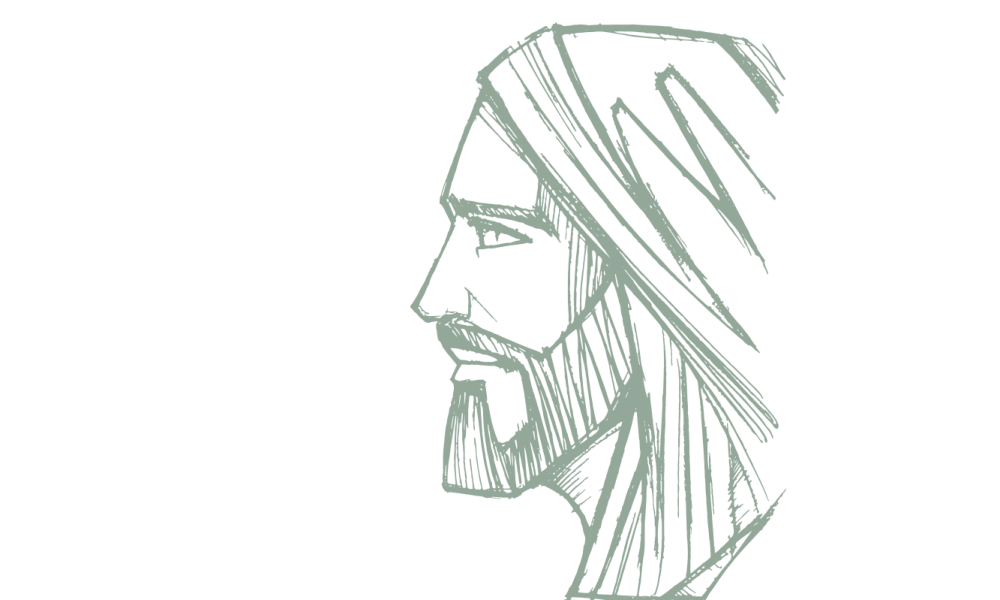
Conversing with God
The Lord’s Prayer
The Lord’s Prayer
One of the three major expressions of prayer offered to us by our Catholic Tradition is vocal prayer. Vocal prayer, according to the Catechism of the Catholic Church, is an external expression of a need to translate the interior prayer of our hearts. (2700-2704) The most unique and perfect example of vocal prayer is the Lord’s Prayer.
One of the three major expressions of prayer offered to us by our Catholic Tradition is vocal prayer. Vocal prayer, according to the Catechism of the Catholic Church, is an external expression of a need to translate the interior prayer of our hearts. (2700-2704) The most unique and perfect example of vocal prayer is the Lord’s Prayer.
A unique prayer
The uniqueness of this prayer comes from its source: Jesus Christ. Christ, precisely because he is God, is in perfect communion with the Father and the Holy Spirit. Consequently, he is the Way into, the Truth of, and the Life that is this Trinitarian communion.
Jesus preserved this communion throughout his earthly mission by emptying himself in obedience to the Father’s will so that all might be saved (healed, made whole). He also only taught what he heard from the Father. (Jn 8:28) In this way, Jesus revealed the mind, love, heart and thought of God.
This is why the Lord’s Prayer is considered the perfect prayer. Jesus taught it to us word for word, and he only taught what he heard from the Father. So, the Lord’s Prayer reveals to us the mind, love, heart and thought of God when it comes to how and for what we should pray. Further, when we faithfully pray the Lord’s Prayer, we can be confident that we, too, are in a state of intimate communion with God – Father, Son and Holy Spirit.
Two fundamental dispositions
The Catechism (2759-2772) teaches us that, while we have been given the gift of our adoption as children of God the Father, through our baptism into the Body of Christ, there is something that is required of us by way of response: our continual conversion and our living into this new life. Prayer to the Father aids us in these requirements by developing in us two fundamental dispositions.
First, prayer to the Father increases our desire to become like the Father. It is true that we are created in his image, but we are restored to his likeness by grace, and prayer is one way we respond to this grace. By calling on God as our Father, we are always reminded that we are to behave as his children. Second, prayer to the Father develops in us “a humble and trusting heart that enables us ‘to turn and become like children’; for it is to ‘little children’ that the Father is revealed.” (2784-85)
The petitions
The Lord’s Prayer includes seven petitions. The first three concern the glory of the Father for his own sake. We ask for his name to be sanctified so that we can enter into God’s plan – a plan that calls for his name to be made hallowed in every nation and in every person. We ask for his kingdom to come as we look for Christ’s return and for the growth of the kingdom in our own lives. Finally, we ask for his will to be done as we seek the Father’s aid in uniting our will to that of his Son, “so as to fulfill his plan of salvation in the life of the world.” (2825) The last four petitions present our needs to the Father: “they ask that our lives be nourished, healed of sin, and made victorious in the struggle of good over evil.” (2857)
Bishop Robert Barron on “The Prayer that Sets Us Right”
“A desire to pray is planted deep within us. It just means the desire to speak to God and to listen to him. Keep in mind that prayer is not designed to change God’s mind or to tell God something he doesn’t know … [God] wants nothing other than to give us good things – though they might not always be what we want.
Can you see how this prayer rightly orders us? We must put God’s holy name first; we must strive to do his will in all things and at all times; we must be strengthened by spiritual food or we will fall; we must be agents of forgiveness; we must be able to withstand the dark powers.”
(The Word on Fire Bible, The Gospels)
Our Father, Who art in heaven,
Hallowed be Thy Name.
Thy Kingdom come.
Thy Will be done,
on earth as it is in Heaven.
Give us this day our daily bread.
And forgive us our trespasses,
as we forgive those who trespass against us.
And lead us not into temptation,
but deliver us from evil. Amen.
Doug Culp is the chancellor for the Catholic Diocese of Lexington.



